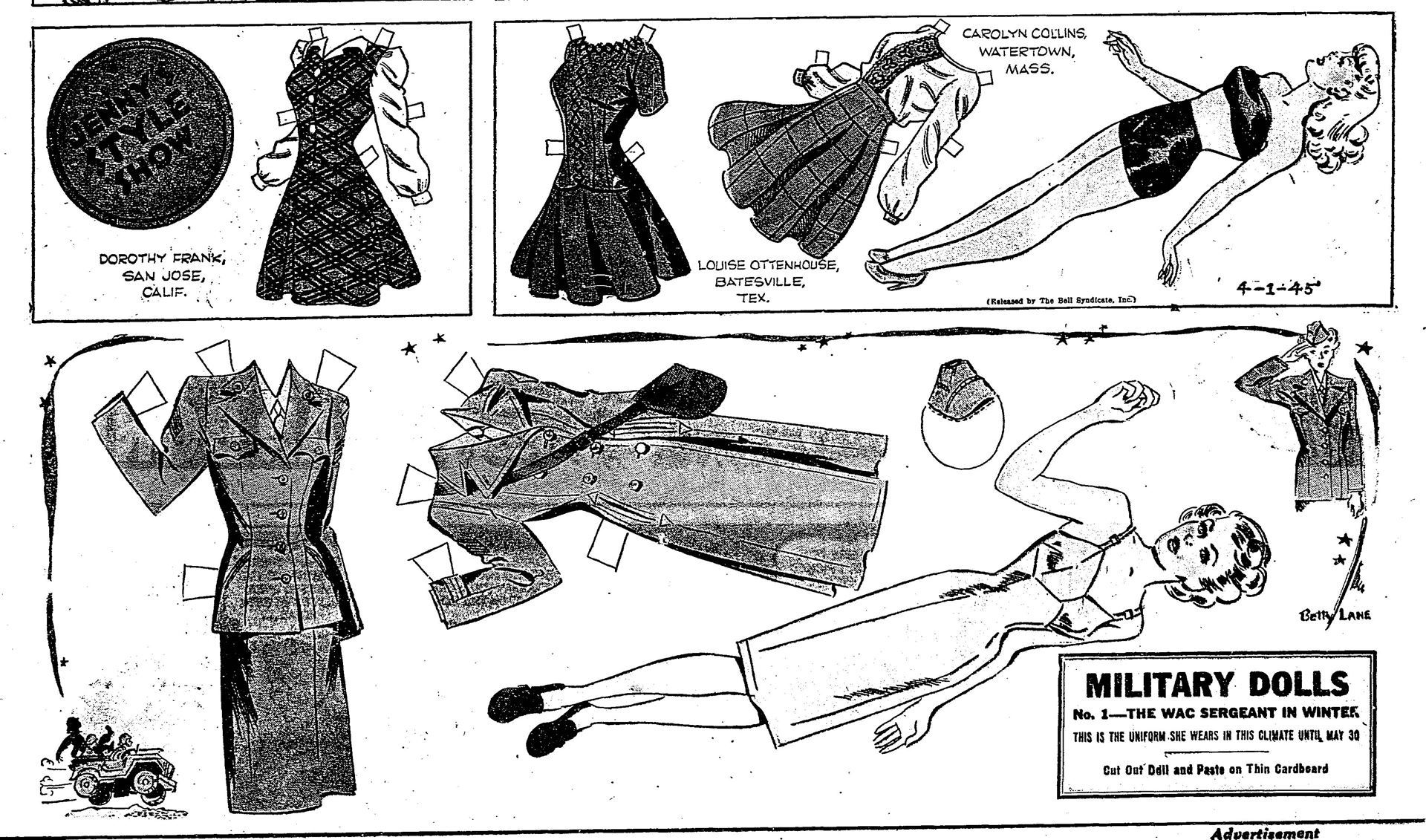
Pamela Walck (Duquesne University) was a Joseph McKerns Research Grant recipient in October 2018. Following is her McKerns Grant report.
News of the first American troops landing in the United Kingdom had scarcely made headlines across the Western world when a lurking societal question emerged in newspapers: What role would U.S. women play in the war? Would American women, like the generation before them, be content to demonstrate their patriotism by knitting socks and planting victory gardens? Or would they seek more significant roles—positions which one Los Angeles Times editorial warned would give some a case of ‘gooseflesh’. The column opined that such a limited view of the role women should play diminished their patriotism and capabilities in a total war. But this seismic shift in how society viewed women’s work would not come easily.
In some quarters, officials would lament how difficult—and unsuccessful—Office of War Information (OWI) campaigns were when it came to recruiting U.S. women for the Women’s Army Auxiliary Corps (WAAC) or the Naval Reserve’s Women Accepted for Volunteer Emergency Service (WAVES). By 1945, with hopes of an end to war in sight, the OWI launched a final push for more military womanpower. Along the way, governmental officials found unlikely allies: newspapers, comics sections and paper dolls.
During this ‘golden age’ of paper dolls it was popular for graphic art, including paper dolls, to mimic news photographs and vice versa. Paper dolls were commonplace inside print publications from Good Housekeeping and Godey’s Lady Book to newspapers such as the Boston Herald, The Boston Globe, The Boston Post, Boston American and the Buffalo Express.
It is not surprising that the military would target newspaper comics for propaganda efforts: a 1946 government survey found that 84 percent of men and 82 percent of women read newspaper comics as well.
Thanks to my 2018 McKerns Grant, I was able to travel during July 2019 to Kansas City, Missouri, where an international paper doll convention was being held—just miles from the Harry S. Truman Presidential Library archives, which houses the papers of Philleo Nash from the Office of War Information during these critical war years. Through archival research, I was able to find examples of how wartime propaganda worked to not only normalize women in the workplace and in the military—but also aimed to garner public support for the military service of African Americans and other minority groups during a segregated time in American history.
In addition to the archival work, I was also able to attend the paper doll convention and collect oral history interviews with a dozen men and women who grew up during the war years, played with paper dolls, and were influenced by these temporary artifacts that commonly appeared in the comic section of newspapers each week.
Through these oral history interviews, my co-author Ashley Walter, a doctoral candidate at Penn State, and I were able to explore how newspaper paper dolls may have influenced the collective memory of Americans during this critical moment in time—and how it would impact views of women in the military for years to come. Despite being very temporary in nature, the feelings these paper dolls evoked remain long lasting. For many women who were children during the war years, their collective memories are of a time when newspaper dolls fed into a general feeling of American pride and patriotism.
After presenting this project as a research-in-progress at AJHA—and receiving a warm reception on the direction of our work—I am thrilled to report that our manuscript is currently under revise and resubmit with Media History, a Taylor & Francis publication based out of the United Kingdom. I am thankful for this research grant funding, which made this project and new line of research possible in the first place.

